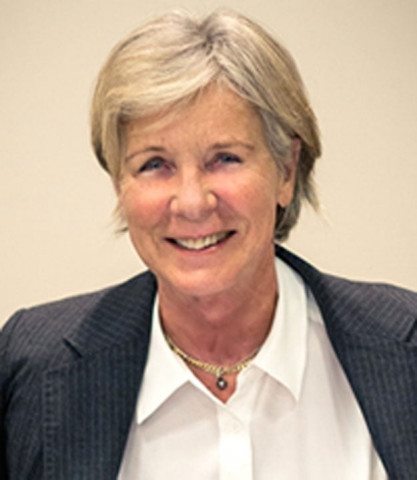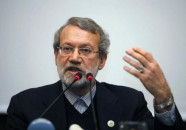Japan calls on UN envoy to retract remarks on schoolgirl sex
UN envoy says 13 per cent of school girls in Japan are involved in forms of paid dating that can involve sex

Maud de Boer-Buquicchio PHOTO: United Nations Human Rights
The foreign ministry said it had recently informed the Office of the United Nations High Commissioner for Human Rights that the comment, made in Tokyo last month, was "inappropriate and extremely regrettable".
Sexting scandal shocks US high school
It is "unacceptable" that the envoy cited "unreliable information" without a source, the ministry revealed in a statement Monday.
Last month, Maud de Boer-Buquicchio, the UN's special rapporteur on the sale of children, child prostitution and child pornography, touched on the Japanese social phenomenon of "enjo kosai", often translated as "compensated dating", during a press conference.
"Some 13 per cent of the school girls in Japan are involved in that kind of activity, which perhaps starts with a relatively innocent activity" such as men going for a walk with high school girls, she said.
The spat highlights what has come to be seen as a troubling aspect of the sexualisation of young girls in Japan in which they are often portrayed in the media in surprisingly suggestive ways that have been largely internalised domestically but that can surprise outsiders.
In "enjo kosai," which emerged in the 1990s, older men pay teenage girls for dates which can involve sex, while the expression "JK" -- a Japanese-language abbreviation for high school girls -- refers to more organised and systematic operations in which girls can give massages, lie down next to men or go with them for a stroll.
K-P police arrest man for 'planned sale' of daughter into prostitution
The US State Department last year said in a report that "enjo kosai... continues to facilitate the prostitution of Japanese children".
In response to the foreign ministry's protest, de Boer-Buquicchio said in a statement that she "received no official statistic on the scope of the 'JK business' in the country" during her trip.
"However, many of my interlocutors referred to it as a worrying trend which can easily lead to sexual exploitation of the minors involved in this lucrative business," she said.
"In the press conference, I made reference to estimates I had seen in open sources to highlight a phenomenon that must be urgently tackled."



















COMMENTS
Comments are moderated and generally will be posted if they are on-topic and not abusive.
For more information, please see our Comments FAQ